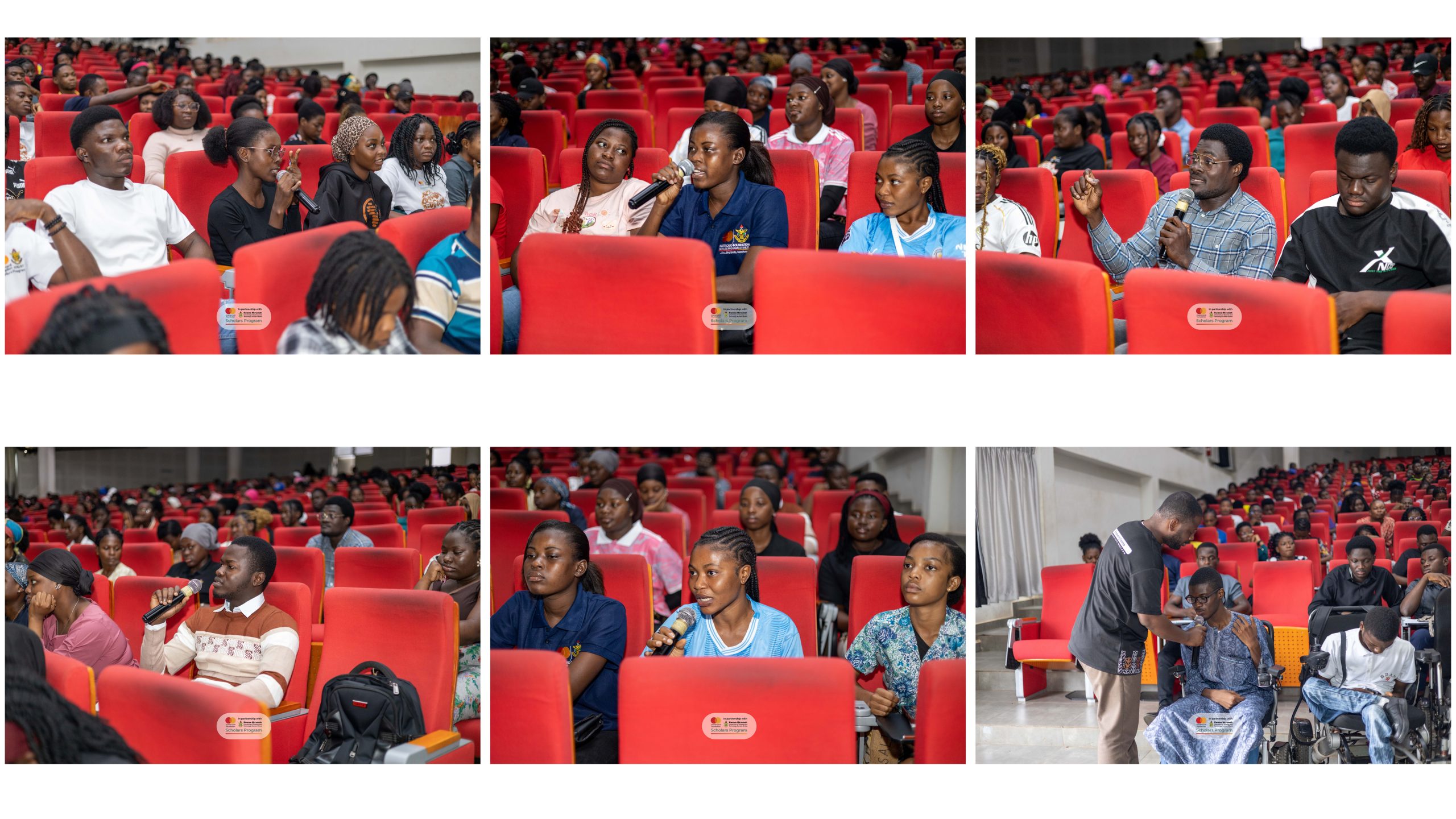The Counseling Unit under the Mastercard Foundation Scholars Program at KNUST organized a health talk on genital warts on the 9th of August 2025, at the College of Humanities and Social Sciences.
The event aims to raise awareness among scholars about sexually transmitted infections (STIs) and promote responsible health practices.
The session, facilitated by Dr. Eric Oduro, from the University Hospital, emphasized the importance of preventive care, early detection, and appropriate treatment-seeking behavior.
Genital warts, primarily caused by the Human Papillomavirus (HPV), were discussed in detail, including transmission methods, symptoms, and psychosocial impacts.
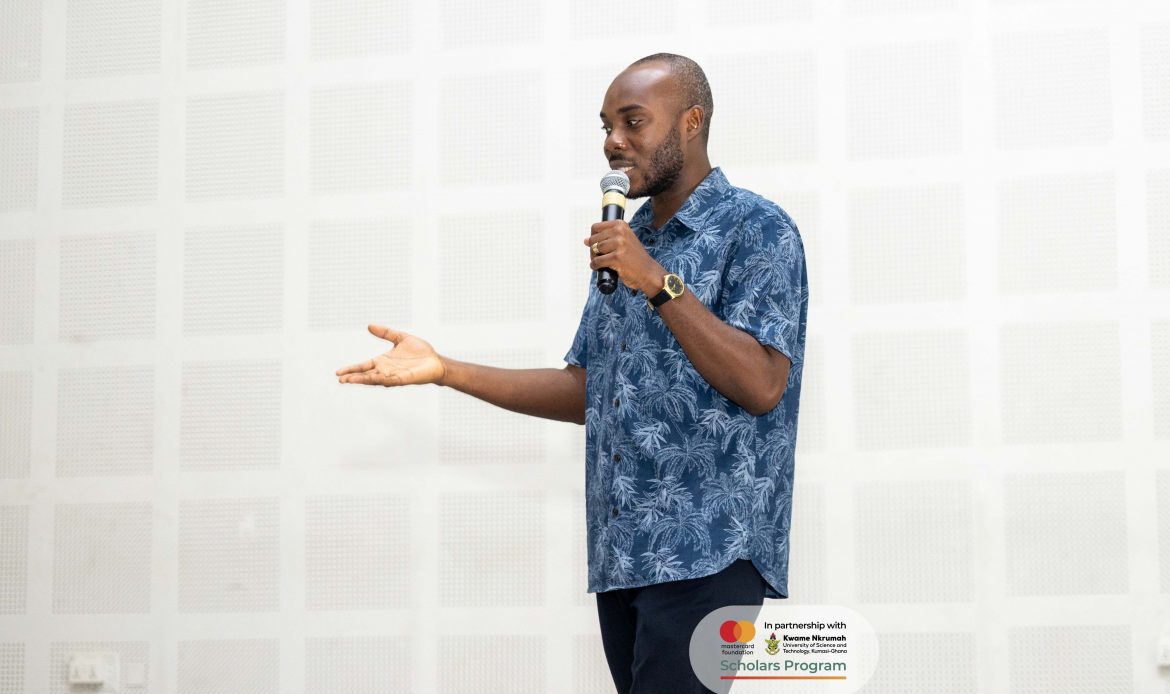
Facilitator – Dr. Eric Oduro, University Hospital, KNUST
“HPV is not just a medical issue; it’s a psychological and social one, The stigma and distress associated with genital warts can be profound, especially among young adults navigating identity and relationships.”
He explained that genital warts often appear as cauliflower-like lesions on the genitals, anus, or surrounding areas, and are transmitted through skin-to-skin contact during sexual activity.
While most cases are caused by low-risk HPV subtypes (notably types 6 and 11), high-risk strains such as types 16 and 18 can lead to cancers of the cervix, vagina, penis, and anus.
Dr. Oduro urged students to consider abstinence or barrier methods, noting that emergency contraception does not protect against STIs.
He also highlighted the importance of screening tools such as Pap smears and visual inspections, especially for women, who often carry the virus asymptomatically.
“Early sexual debut and multiple sexual partners increase the risk of HPV infection,” he added, citing regional prevalence rates ranging from 10% to 90% in West Africa.
Dr. Oduro also discussed the role of immunity and nutrition in disease progression, citing malnutrition, diabetes, and HIV as factors that compromise the body’s ability to fight infections. He shared a case of a student misdiagnosed with pneumonia who was later found to have tuberculosis due to poor nutrition and lack of social support.
Treatment options include topical agents, surgical excision, and vaccination. Dr. Oduro cautioned against self-medication and stressed the need for professional care. “Most genital warts resolve on their own, but that’s not a reason to delay seeking help,” he said.
As he emphasized the importance of mental health vigilance; “Don’t sit in your distress and drink bleach,” Dr. Oduro said, urging students to seek help from counselors and peer support networks. “Prevention is better than cure, and silence is not safety.”
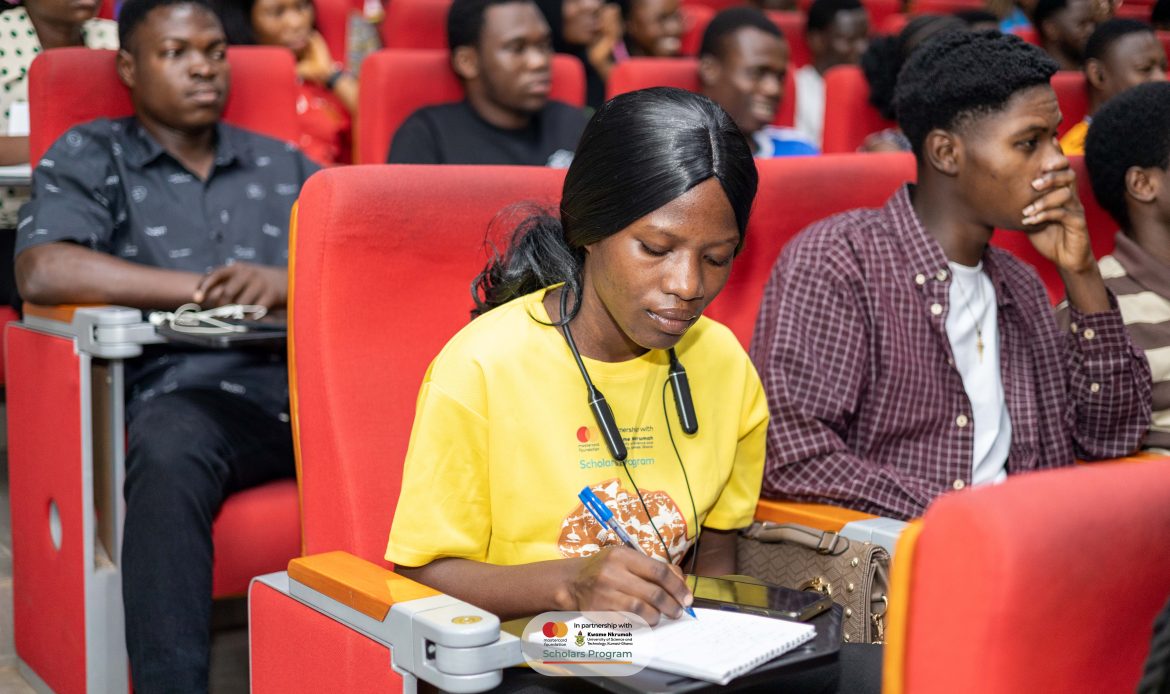
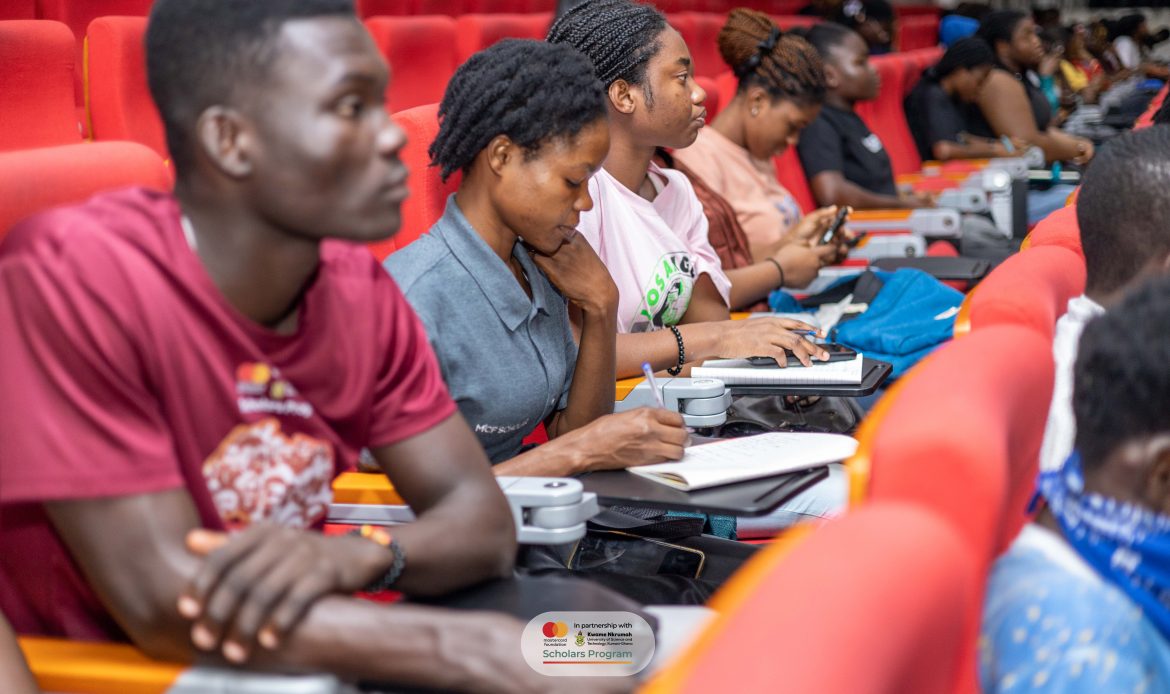
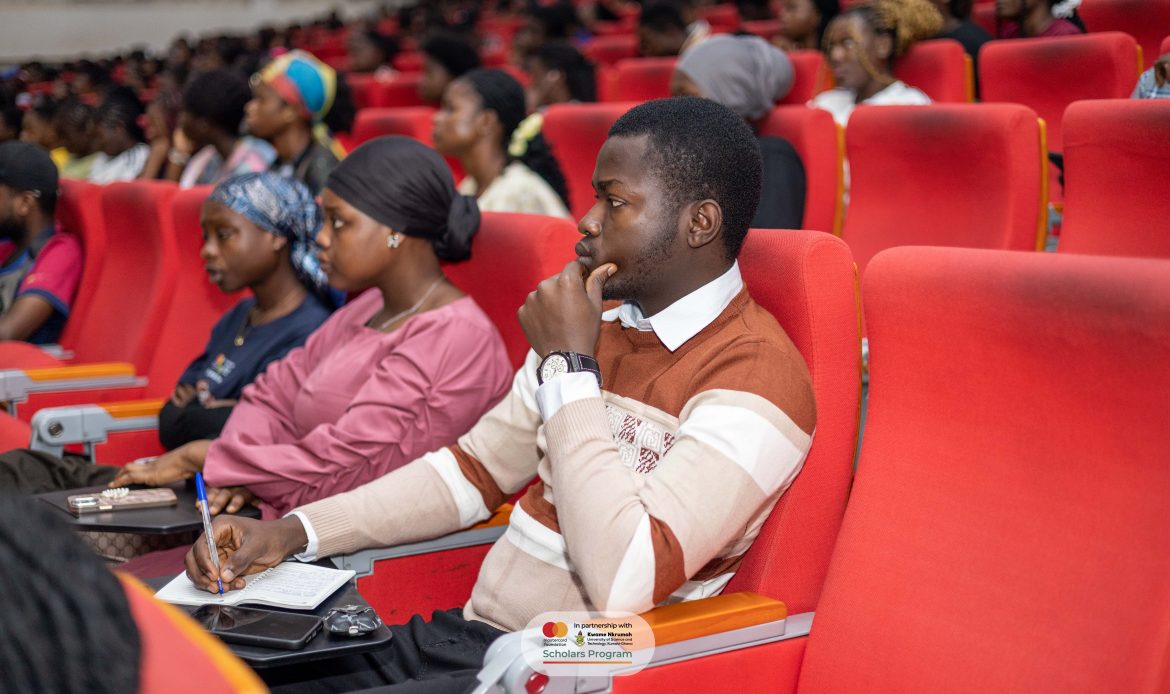
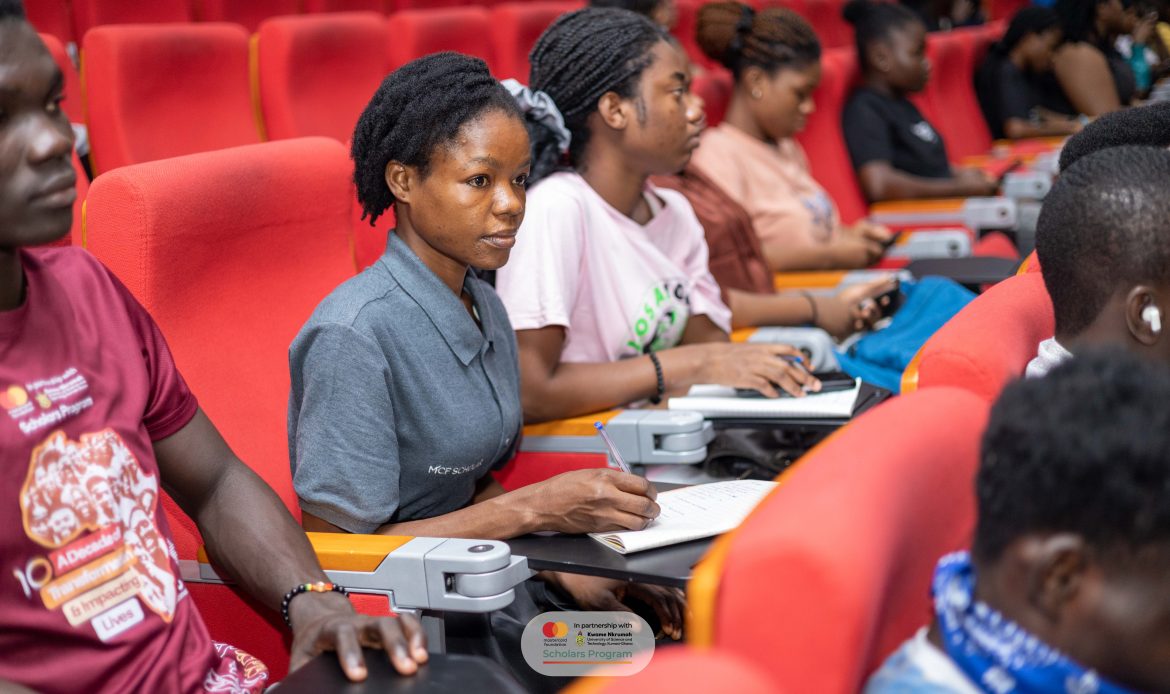
Following the session, scholars engaged Dr. Oduro in a candid Q&A session, raising questions about reinfection, vaccine efficacy, and gender differences in symptom detection. Some of the key exchanges:
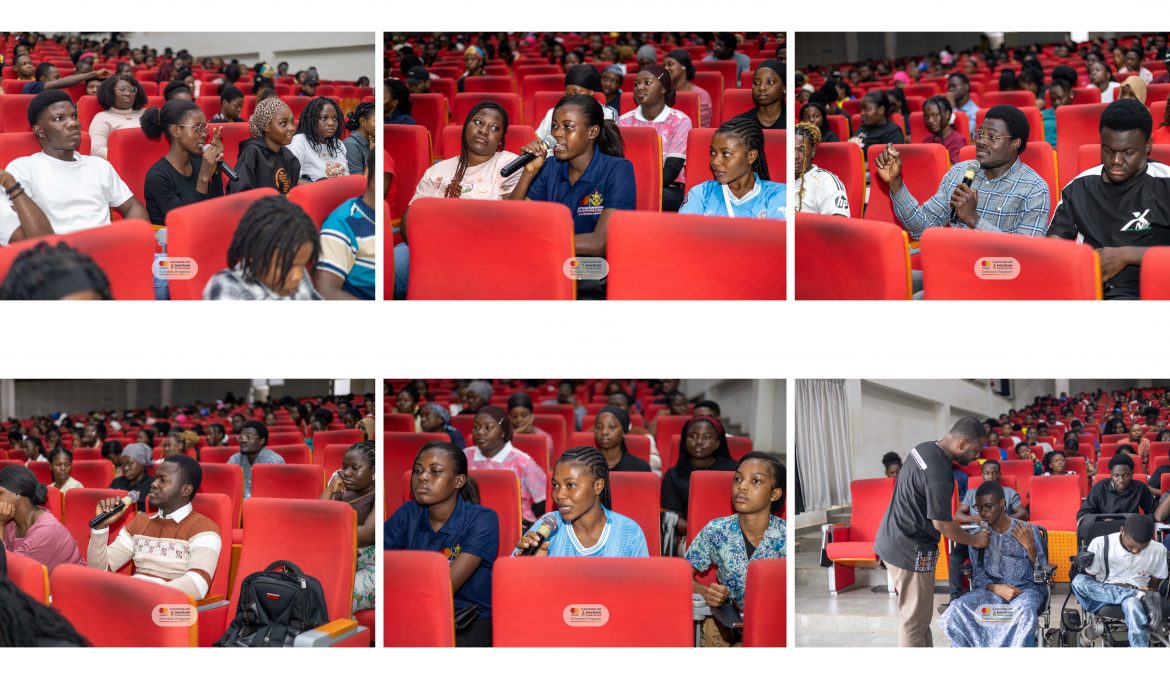
Can low-risk HPV transition to cancer?
“Yes, it can happen at any time,” Dr. Oduro said. “There’s no fixed timeline. That’s why early detection and reporting are critical.”
Is reinfection possible after treatment?
“Absolutely. If partners aren’t treated together, the virus can return. We always treat both the individual and their partner or partners.”
Can HPV be transmitted through oral sex?
“Yes. Oral transmission is possible, though other viruses like HSV may also cause oral lesions.”
Who detects HPV earlier, males or females?
“Males tend to show overt symptoms, while females often carry the virus silently. That’s why screening is emphasized for women.”
Does the HPV vaccine work if someone is already infected?
“Vaccination is preventive, not curative. If you already have the virus, the vaccine won’t reverse it.”
Can genital warts exist without symptoms?
“Yes. Some individuals may carry the virus without visible signs, especially if lesions are internal. Screening is essential.”
Can you still get HPV after vaccination and unprotected sex?
“Yes. Vaccines reduce risk but don’t guarantee immunity. Abstinence and barrier methods remain key.”
Can HPV be contracted without sexual activity, like from a washroom?
“It’s theoretically possible through skin-to-skin contact, but extremely rare. Most transmissions are sexual.”
Is the HPV vaccine toxic or dangerous?
“No. Vaccines undergo rigorous testing. Side effects are rare and usually mild. It’s safe and approved by health authorities.”
The session concluded with a call to action, scholars were encouraged to prioritize their health, seek counseling when needed, and avoid isolation in times of distress. “Don’t struggle alone,” Dr. Oduro said. “Your counselors are here for you.”



